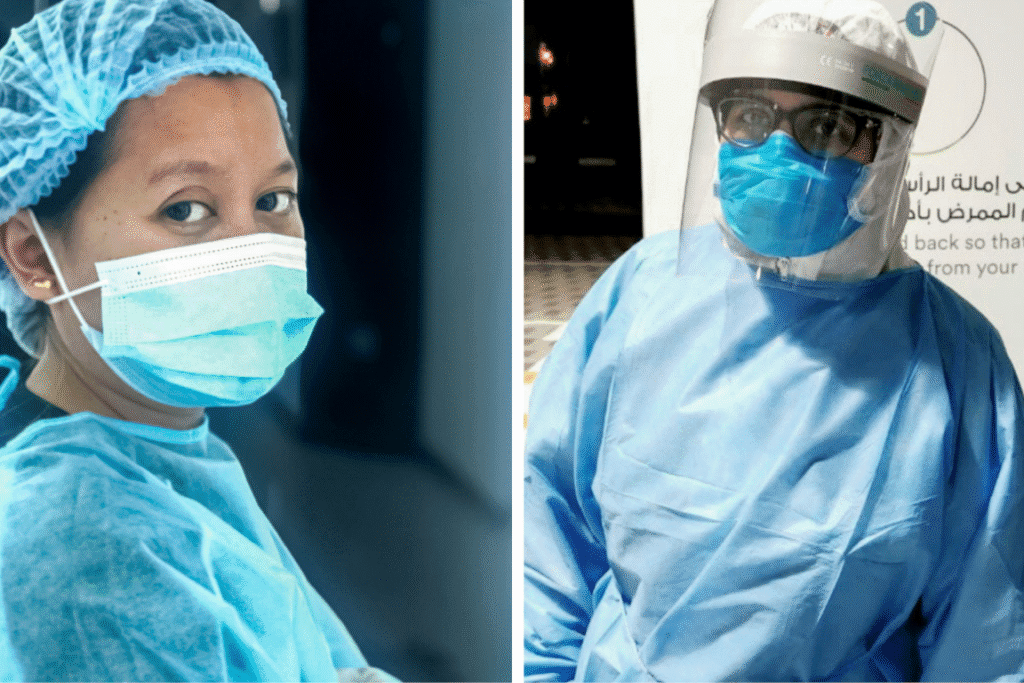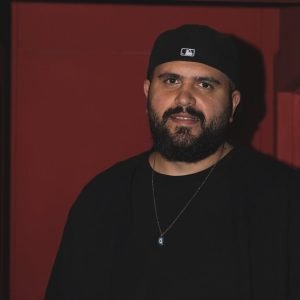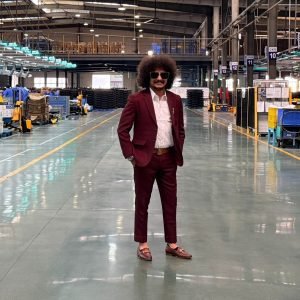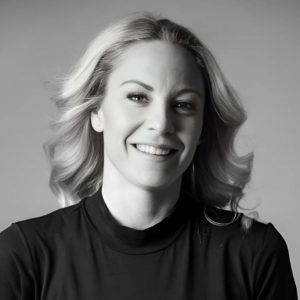Behind the shining hospitals, medical milestones, and efficient health care services that the UAE is often praised for, lies a quieter narrative—one shaped by the compassion, sacrifice, and endurance of its healthcare workers. These are the people who show up early, leave late, and often sacrifice their personal lives to keep the nation healthy. They are the backbone of the country’s medical system, and while their roles may not always be visible, their impact is undeniable.
More Than Just a Profession
In cities like Abu Dhabi and Dubai, and across quieter regions like Fujairah and Ajman, the commitment of medical staff echoes in the corridors of every clinic and hospital. For many, working in healthcare is not simply a means of livelihood—it’s a mission that becomes central to their identity.
Dr. Amina Rashid, a general practitioner working in Ras Al Khaimah, is one such individual. During the week, she handles a heavy patient load at a government clinic. But on weekends, she volunteers at mobile medical units, providing basic care and health education to communities in remote areas.

“We don’t just offer treatment,” she explains. “We offer trust. For many people, we’re the first point of contact with any form of structured healthcare. That’s a responsibility I carry with pride.”
This kind of dedication isn’t unusual in the UAE. Across the nation, medical professionals are going beyond their job descriptions to care for patients with compassion and humanity.

The Pandemic’s Frontline Fighters
The COVID-19 pandemic served as a global wake-up call, and nowhere was the pressure more intense than on healthcare professionals. In the UAE, the government acted swiftly with widespread testing and vaccine rollouts. But while those public health measures made headlines, the untold stories were unfolding behind hospital doors.
Faisal Khan, a critical care nurse at a hospital in Sharjah, worked through back-to-back shifts during the height of the pandemic. For months, he didn’t see his family, isolating himself to keep them safe.
“It was exhausting—physically and emotionally,” he shares. “But we all knew what was at stake. Patients looked at us like we were their only hope, and that’s a responsibility you can’t ignore.”
Doctors and nurses worked tirelessly in full protective gear, comforting patients, coordinating with families, and facing death more frequently than ever. Yet, amid that emotional storm, they found strength—in each other, in their patients’ resilience, and in the moments of healing that reminded them why they chose this path.
Unseen But Vital: Community Care Workers
Not all healthcare heroes wear white coats or work in hospital wards. Across the UAE, community health workers, physiotherapists, mental health counselors, and home care nurses form a silent but powerful network of care.
Sarah Al Hamed is a home physiotherapist based in Abu Dhabi. Her job involves visiting elderly patients, many of whom are housebound and rely on her not just for medical support but also companionship.
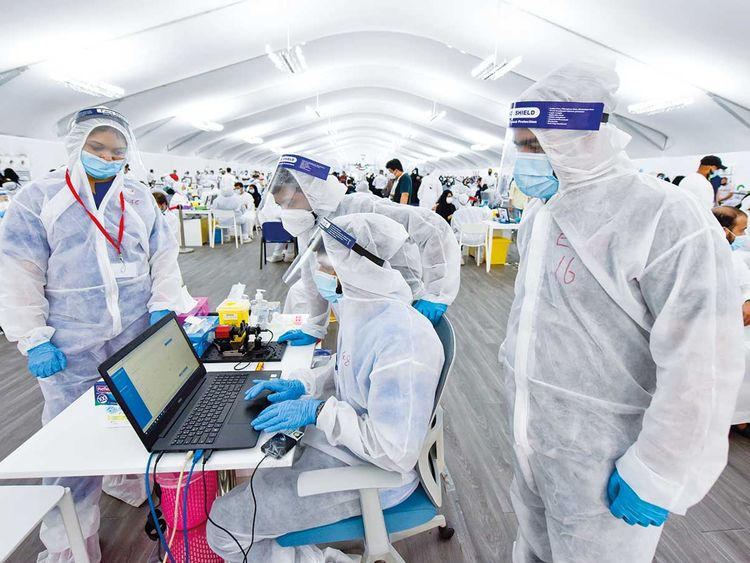
“Some of my patients live alone or with caregivers who don’t speak their language. Over time, I’ve become more than their therapist—I’ve become their friend,” Sarah says with a soft smile. “They open up about their families, their fears. You realize that healing isn’t always about medicine; sometimes, it’s about being heard.”
This type of care, rooted in empathy and trust, is particularly crucial in the UAE’s multicultural environment, where language barriers and cultural nuances require healthcare providers to be not just medically competent but also culturally sensitive.
Mental Load, Silent Struggles
While healthcare workers are known for their resilience, the emotional toll they bear often goes unnoticed. Long hours, high-pressure environments, and the emotional weight of patient loss can wear down even the most experienced professionals.
Anjali Menon, a pediatric nurse in Dubai, remembers the rollercoaster of emotions she faced when one of her neonatal patients—a baby born at just 25 weeks—made it through after weeks in intensive care.
“I cried the day he opened his eyes,” she recalls. “It was one of the hardest cases I’d worked on, but that one smile made everything worth it.”
These emotional highs are often accompanied by deep lows—grief, burnout, and anxiety. While awareness about mental health in the medical community is growing, many still internalize their struggles, fearing it may be seen as weakness.
“We’re taught to be strong,” says Faisal. “But we’re human too. We feel everything—just like our patients do.”
Appreciation Beyond Applause
Over the past few years, there has been a growing movement to recognize the efforts of healthcare workers in the UAE. From public gratitude campaigns to award ceremonies and government initiatives aimed at offering long-term residency to exceptional professionals, the tide is turning toward appreciation.
But many healthcare workers say that what they truly need is sustainable support—better work-life balance, continued training, emotional wellness programs, and, most importantly, to be treated as essential stakeholders in policy decisions.
Recognition is powerful, but it needs to be paired with action that makes a real difference in their lives.
The Next Generation: Future of Care
The future of healthcare in the UAE rests on the new wave of young medical professionals entering the field. Universities and institutions across the country are now focusing not just on academic excellence but also on values like compassion, ethical practice, and patient-centered care.
Mentorship programs that connect students with senior practitioners are proving particularly effective. They help nurture not just technical skills but the emotional intelligence needed in a job that revolves around human lives.
“There’s a shift happening,” says Dr. Amina, who mentors final-year medical students. “These young people are smart, driven, and most importantly, they care. That gives me hope for the future.”
Redefining Heroism in Healthcare
Heroism in healthcare isn’t always dramatic. It’s in the calm voice of a nurse reassuring a patient before surgery. It’s in the silent drive of a home care worker braving traffic to reach a lonely elder. It’s in the unwavering strength of doctors who hold the hands of grieving families.
In a fast-paced, often image-driven world, these quiet moments of humanity can be easy to overlook. But they are the heartbeat of a nation’s wellness. They are the reason systems function, patients recover, and trust is built.
The UAE’s healthcare professionals may not always make headlines, but their daily actions—big and small—shape lives. As we envision a future driven by innovation, AI, and global healthcare leadership, we must remember that at the heart of it all are people. People who show up, stay late, and give their all so that others can heal.
It’s time we give these unsung heroes the recognition they truly deserve—not just in times of crisis, but every single day.
Read More: UAE Calls for Humanitarian Pause in Sudan War During Ramadan

